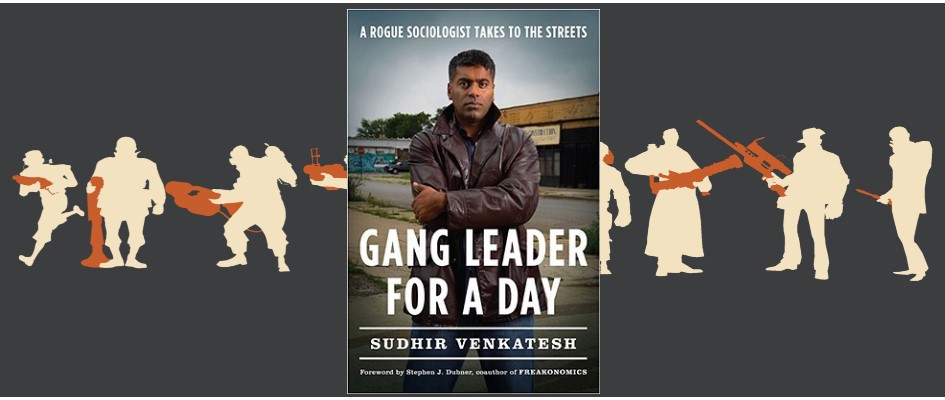
The idea of a U Chicago grad student walking into the Chicago projects and asking, "How does it feel to be poor and black?" and then becoming friends with a gang leader seems like something out of fiction. The idea of becoming friends with a gang leader is a social taboo, so reading about this experience was gripping and in ways why I was even more inclined to read it.
Venkatesh’s book is a triumph of ethnography. In a captivating text, he describes details of life in the projects of Chicago and in the gang and its underground economy. Sudhir Venkatesh, the author, shows a more humane side of gang members and people who commit crimes. People in these situations are portrayed as thugs and people who kill without reason in many news outlets. Venkatesh brings a different perspective to this discussion as simply not just numbers in stats. He reveals a side where children grow up with only one parent who struggle to find a job near home. This child relies on the gang to provide food to eat and protection from corrupt police officers. Soon the gang is the only thing he has and that is one of many personalities Sudhir has the opportunity to engage with. He manages to strike the perfect balance of relating his observations and providing reflections on his experiences.
“As he met now with each sales director, J.T. would begin by grilling him with a standard set of questions: You losing any of your regulars? (In other words, customers.) Anybody complaining? (About the quality of the crack.) You heard of people leaving you for others? (Customers buying crack from other dealers.) Anybody watching you? (The police or tenant leaders.) Any new hustlers been hanging around? (Homeless people or street vendors.) You seen any niggers come around? (Enemy gangs.)”
― Sudhir Venkatesh, Gang Leader for a Day
My only critique is that the book does not provide much data or sociological theory that allows the reader to connect this ethnography to the broader challenges touched upon here.

Read Next:

























